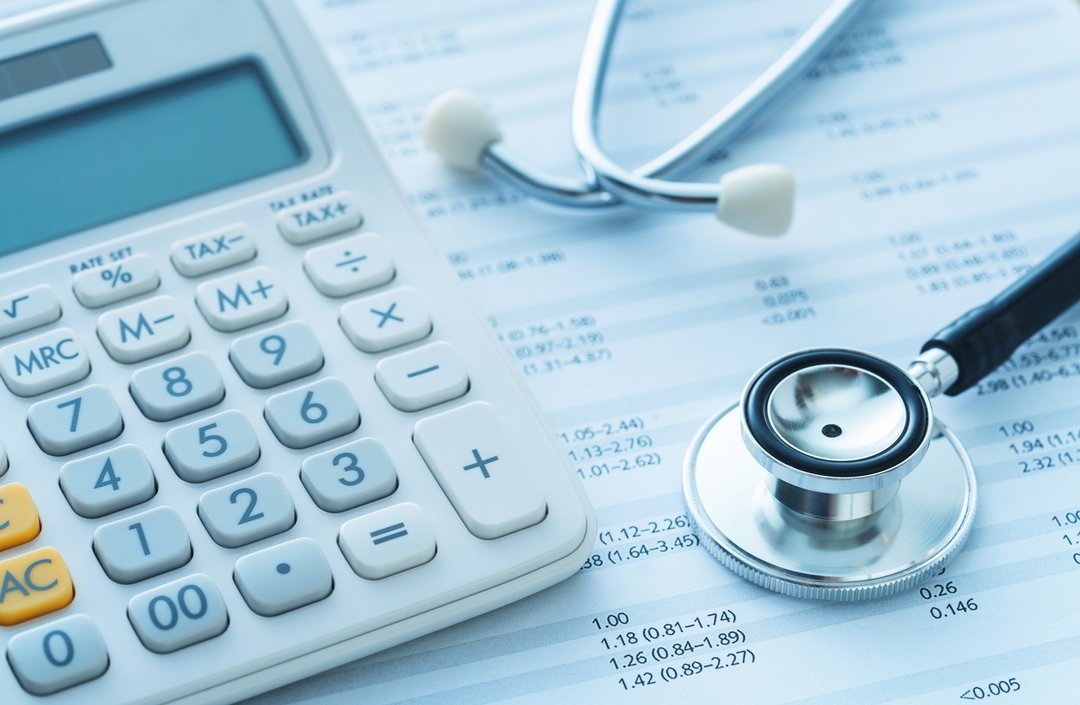
By TERRI WILLIAMS | Reviewed by THOMAS J. CATALANO
Aug. 4, 2023
Though the number of uninsured Americans has dropped, many people still don’t have any type of healthcare insurance coverage. The passage of the Affordable Care Act (ACA) allows millions to choose a government-subsidized healthcare plan. However, many consumers are ineligible for subsidies, and many of those who qualify have chosen not to participate.
In the first part of 2022, according to a preliminary report by the National Health Interview Survey (NHIS), 8.3% or 27.4 million adults (of all ages), lacked health insurance. Survey findings showed that the uninsured rate and number of uninsured decreased from 2021 (9.2% or 30 million people of all ages) but the difference was insignificant.1

iStock-1181024482
KEY TAKEAWAYS
- Health insurance costs are on the rise for both employer-based and individual-based plans.
- Americans are no longer taxed for not carrying health insurance.
- Medical debt contributes to a large number of bankruptcies in America.
- Access to quality primary care is critical, but doctors have the right to refuse patients without insurance or who are able to pay out-of-pocket expenses.
IMPORTANT: As of 2019, individuals and families without insurance are no longer taxed due to the repeal of the tax-penalty portion of the Affordable Care Act.
Absence of Medical Services
Contrary to popular belief, health providers are not required by law to provide medical services to individuals without insurance. Only emergency departments are legally bound to provide care.2
The National Center for Chronic Disease Prevention and Health Promotion reports that six in 10 Americans have been diagnosed with a chronic health condition, such as high blood pressure, high cholesterol, or being overweight or obese. A study by the Transamerica Institute revealed that 66% of the uninsured in 2019 suffered from a chronic illness.3 Ninety percent of the nation's $3.8 trillion in annual healthcare expenditures are from citizens coping with chronic diseases and mental health issues.4
The ACA requires many preventive services to be covered by insurance policies with no copay, Transamerica’s executive director, Hector De La Torre, tells Investopedia. However, he says, “Not having health coverage can keep people from accessing free preventive care.”
Preventive care is crucial to spotting illness or conditions early before they can develop into full-blown critical problems, according to De La Torre. Catching health problems early increases the probability of successful treatment and also reduces healthcare costs for treatment.
Medical Debt
Without health insurance coverage, a serious accident or a health issue that results in emergency care and/or an expensive treatment plan can result in poor credit or even bankruptcy.
“A cancer diagnosis, car accident, or even a broken leg can cost thousands of dollars out of pocket," says Dylan Roby, associate professor of health services administration at the University of Maryland School of Public Health.
National surveys confirm that medical bills frequently cause financial hardship, and the Consumer Financial Protection Bureau reported that they were by far the most common cause of unpaid bills sent to collection agencies in 2014, accounting for more than half of all such debts.5 Even when medical debt doesn’t end in bankruptcy, it takes a toll on consumers.
According to a recent study in the Journal of the American Medical Association, 17.8% of individuals had medical debt in collections in June of 2020.6
Consumers with massive medical debt are less likely to be able to save money and more susceptible to the type of financial strain that leads to forgoing necessities and borrowing money, according to the Kaiser Family Foundation.7
No More Tax Penalties
In 2018, the ACA tax penalty was $695 for adults and $347.50 for children, or 2% of one's annual income, whichever amount was more. However, on Dec. 22, 2017, when former President Donald J. Trump signed the Tax Cuts and Jobs Act, it repealed the ACA-related tax on Americans who refuse to purchase health insurance.8
As of 2019, Americans without health insurance are not taxed by the government.8 However, individuals and families who choose to go without health insurance do so at their own risk.
The Bottom Line
Healthcare is expensive—even with insurance. However, those who don’t have insurance coverage will be at a much greater disadvantage. The inability to seek treatment for health conditions and the crushing weight of medical bills are two big reasons to obtain coverage.



